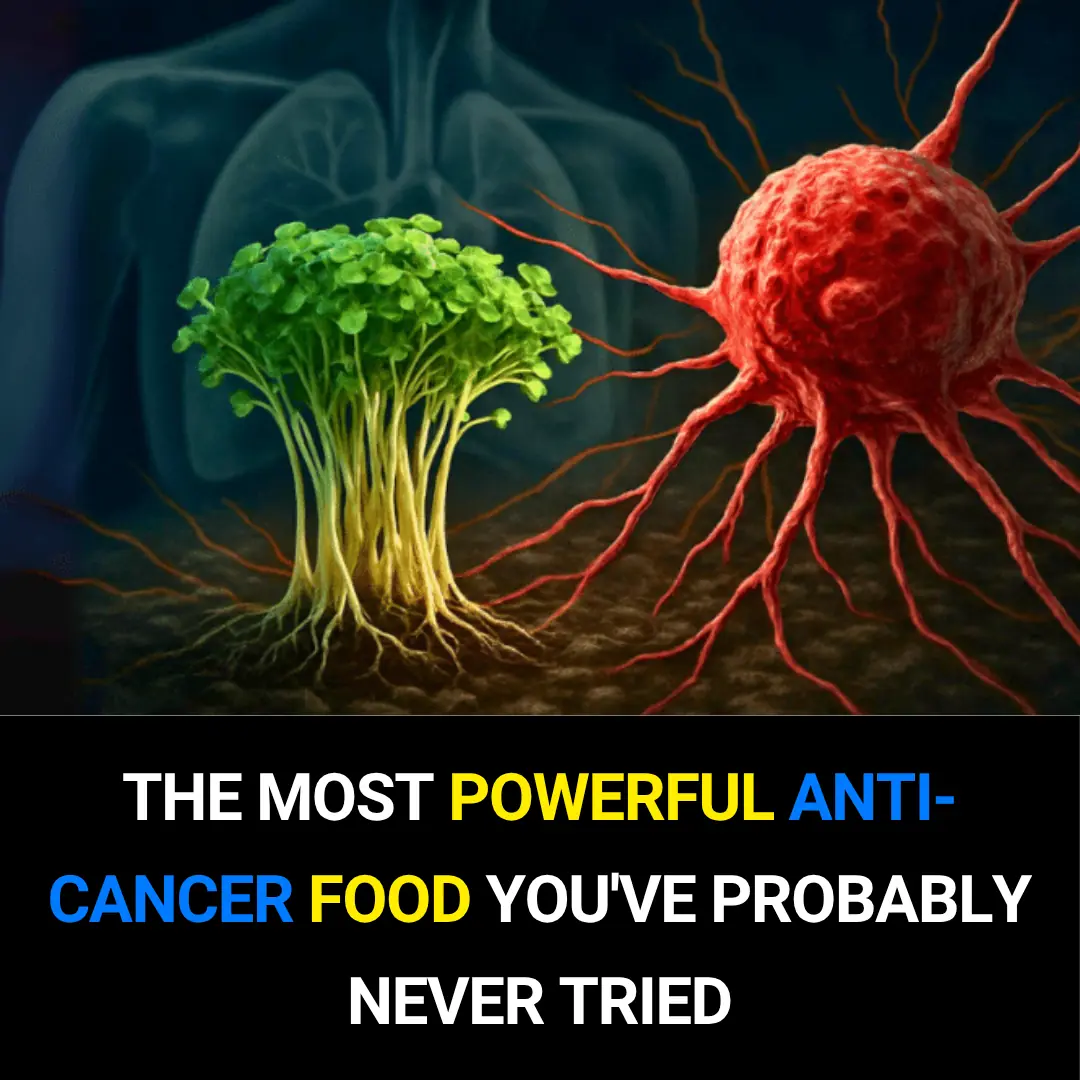
How to Use Frozen Lemon to Help Combat Malignant Tumors in the Body
How to Use Frozen Lemon to Help Combat Malignant Tumors in the Body
Lemons are everywhere in the health world—added to detox drinks, infused into teas, squeezed into water, or zested into dishes. But did you know that freezing lemons could unlock even more of their health benefits—especially their potential anti-cancer properties?
If you’re only juicing your lemons and tossing the rest, you’re missing out on some of the most powerful nutrients they offer. Here's why freezing whole lemons is a game-changer—especially when it comes to fighting inflammation and even potentially preventing cancer.

🍋 Lemon as Natural Medicine
Used for centuries in traditional medicine, lemons have been valued not just for their bright flavor, but for their powerful health-boosting properties. Beyond adding zest to your meals, lemons have been used to:
-
Help fight cancer
-
Lower cholesterol levels (1)
-
Reduce inflammation
-
Kill harmful bacteria in the body
-
Regulate high blood pressure (2)
-
Support mental health by easing stress and depression
-
Assist in kidney and liver detoxification
Their wide-ranging effects are due to their high concentration of vitamins, antioxidants, and bioactive compounds found throughout the entire fruit—not just the juice.
🔬 Lemons and Cancer: What Does the Research Say?
Emerging scientific research is shining a light on the potential role lemons could play in cancer prevention and treatment.
Researchers at the Department of Horticultural Sciences at Texas A&M University found that citrus limonoids—natural compounds in lemons—may help prevent estrogen-responsive breast cancer (3).
And that’s not all. Lemons contain coumarins, which may act as chemopreventive agents by inhibiting free radical generation (4). These radicals are unstable molecules that damage cells and may lead to cancer.
In addition, lemons are packed with polyphenols—plant compounds known to have over 100 different positive effects on cancer cells, including antioxidant and anti-inflammatory actions, according to Professor Will Steward, head of clinical oncology at Leicester University (5).
One particularly promising discovery? Limonoids may trigger the self-destruction of cancer cells—a process known as apoptosis—in as little as 12 hours (6). And the effective amount is surprisingly small—about the same as a glass of citrus juice.
These findings suggest lemons could be helpful in both preventing and potentially treating various types of cancer, including those of the mouth (7), breast, stomach, colon, and even childhood cancers.
🍋 Why the Whole Lemon Matters
Many people are shocked to learn that the peel of a lemon contains 5 to 10 times more vitamins than the juice alone.
According to Dr. Marilyn Glenville, a nutritionist and women’s health expert, the peel and pith (the white part under the peel) hold the majority of a fruit’s antioxidants. In fact, she says:
“Most of the antioxidants contained in fruit are found within the peel or the pith rather than in the pulp itself.” – Dr. Glenville, via BBC Food
The lemon’s outer layers are packed with beneficial compounds, including:
-
Flavonoids (like flavanones, flavanols, and polymethoxyflavones)
-
Phenolic acids
-
Limonoids
-
Coumarins and furocoumarins
-
Carotenoids
-
Dietary fiber
Blending the whole lemon—peel, pith, seeds, and pulp—is one of the best ways to make use of these cancer-fighting compounds. However, fresh lemon peel can be very bitter, so freezing is an ideal way to preserve and use it in a more palatable form.
❄️ How to Freeze Lemons for Maximum Benefit
Here’s a simple and effective method to freeze lemons and get the most out of their healing compounds:
-
Wash the lemons thoroughly. You can disinfect them naturally by soaking in a mixture of water and apple cider vinegar for a few minutes.
-
Rinse and dry them completely.
-
Freeze the entire lemon overnight.
-
Once frozen solid, grate the whole lemon—including the skin, pulp, and seeds—using a fine grater or zester.
-
Store the grated lemon in an ice cube tray or small containers in the freezer for convenient daily use.
🥗 Creative Ways to Use Frozen Lemon
The grated frozen lemon adds a fresh burst of flavor—and a nutritional boost—to many dishes. Try adding it to:
-
Smoothies
-
Herbal teas or green tea
-
Water or juice
-
Yogurt and oatmeal
-
Pasta sauces
-
Soups and stews
-
Salad dressings
-
Baked goods (like muffins or lemon bars)
A small spoonful a day can go a long way toward supporting your overall health—and possibly protecting your body from chronic illness over time.
✅ Summary: Why Frozen Lemon is a Powerful Health Ally
-
Lemons contain natural compounds that may help fight cancer cells and prevent tumor development.
-
The peel and pith have even more nutrients than the juice, including potent antioxidants and limonoids.
-
Freezing and grating the whole lemon allows you to incorporate the entire fruit—without the bitterness.
-
Add frozen lemon to a wide range of foods and drinks to boost your daily intake of immune-supporting nutrients.
Instead of tossing your lemon peel in the compost, freeze it and give your body an extra dose of healing power—one spoonful at a time.
News in the same category

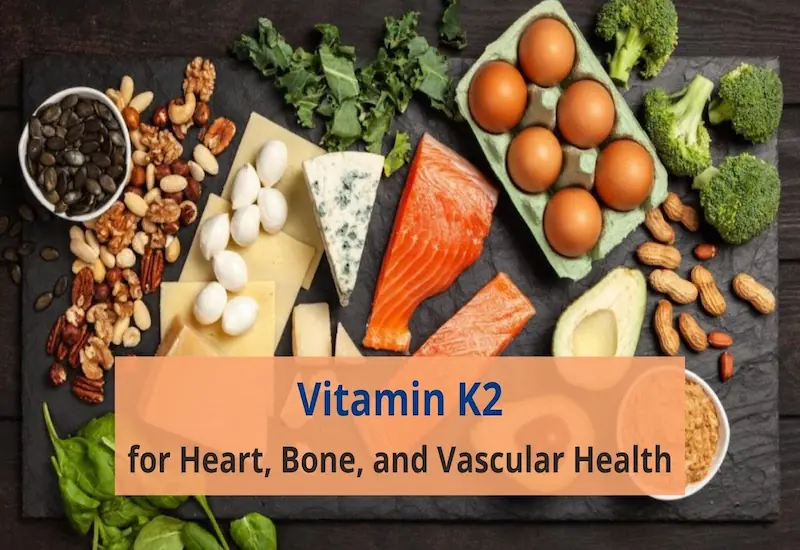
Vitamin K2: The Underrated Nutrient That Protects Your Heart and Arteries
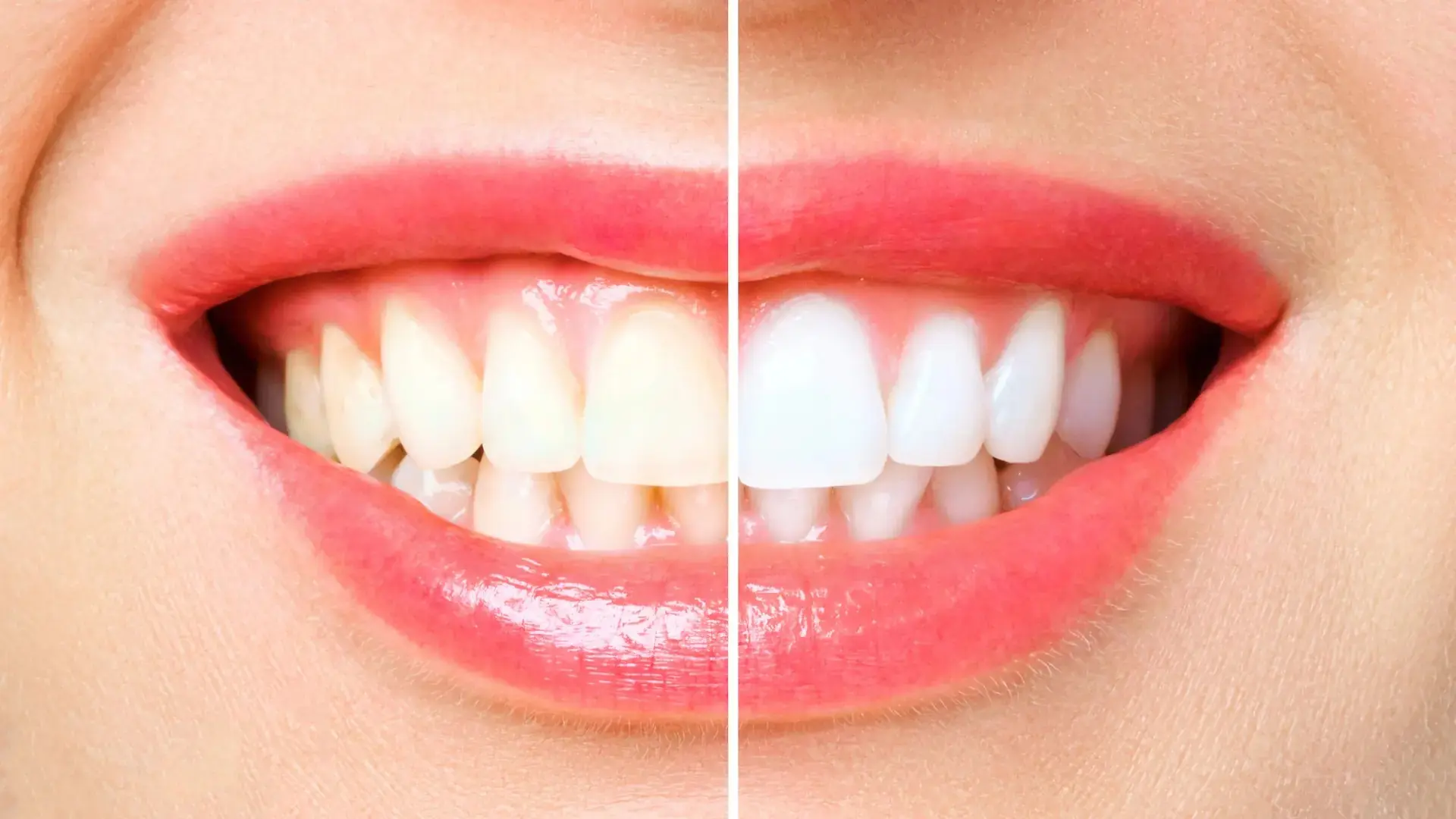
DENTISTS HATE HOW SIMPLE THIS TEETH WHITENING HACK IS
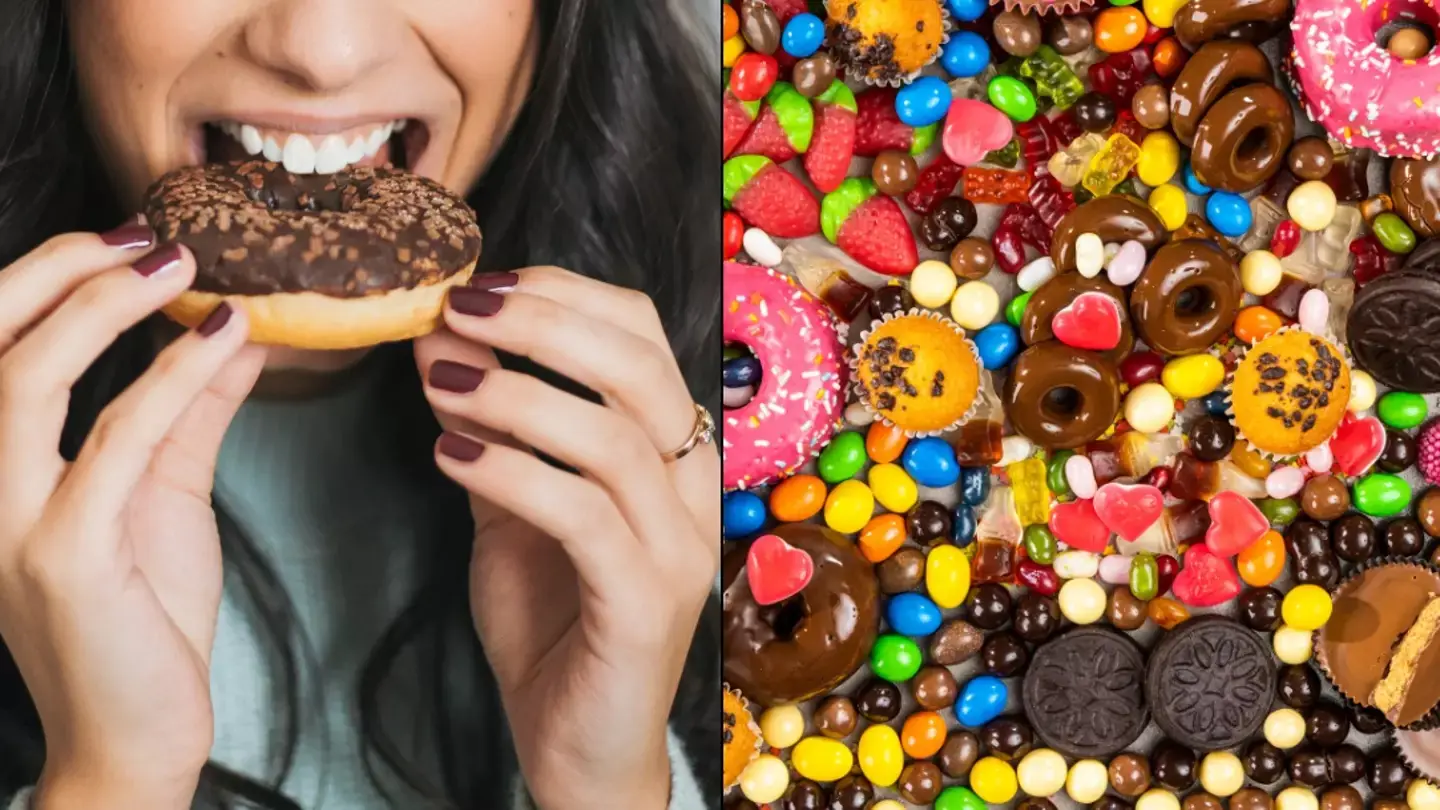
What Happens to Your Body When You Stop Eating

The #1 Drink to Prevent Foamy Urine — Plus 7 More Your Kidneys Will Thank You For
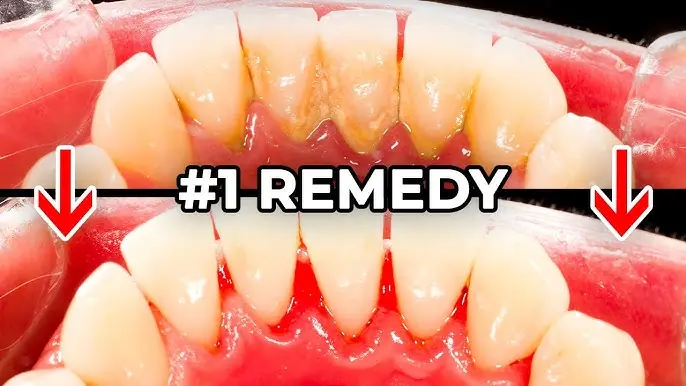
The #1 Most Effective Remedy for Dental Plaque (And How to Beat Tartar at Home)
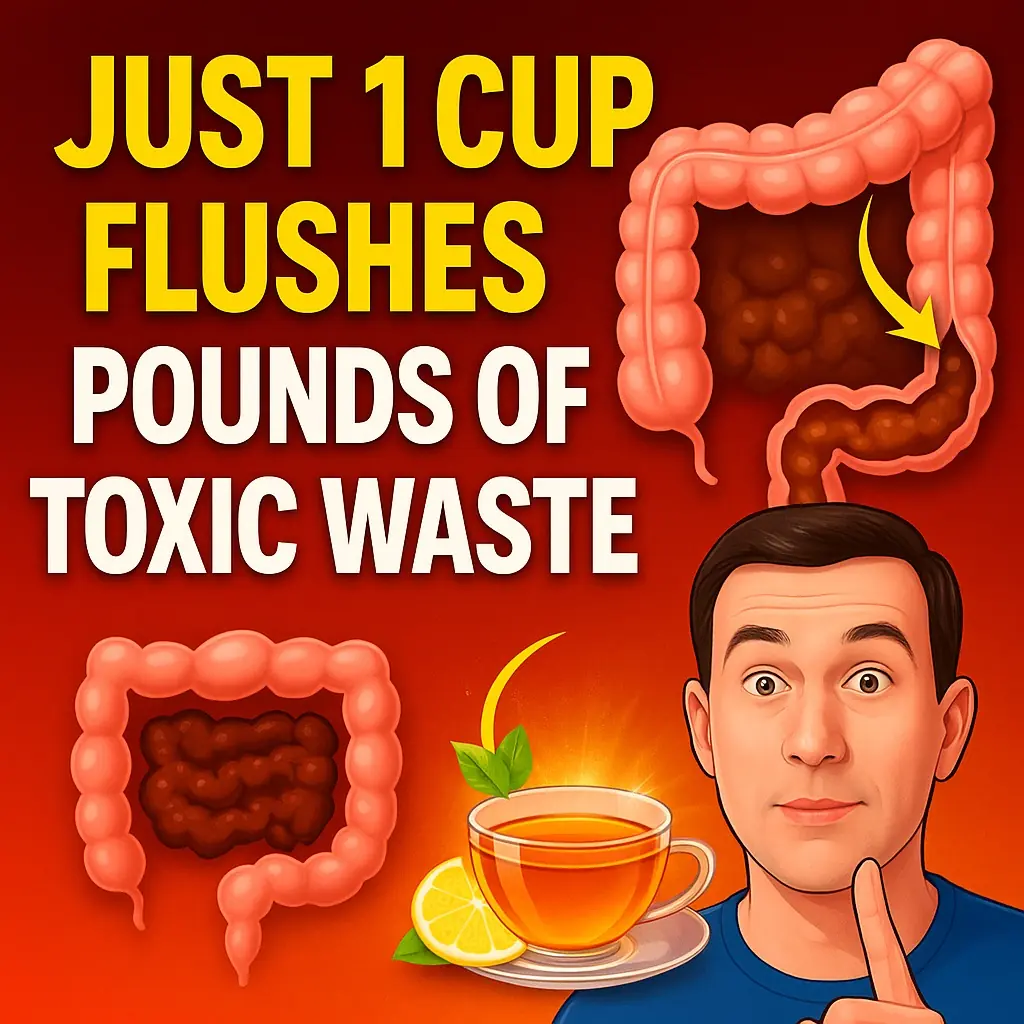
JUST 1 CUP FLUSHES POUNDS OF TOXIC WASTE
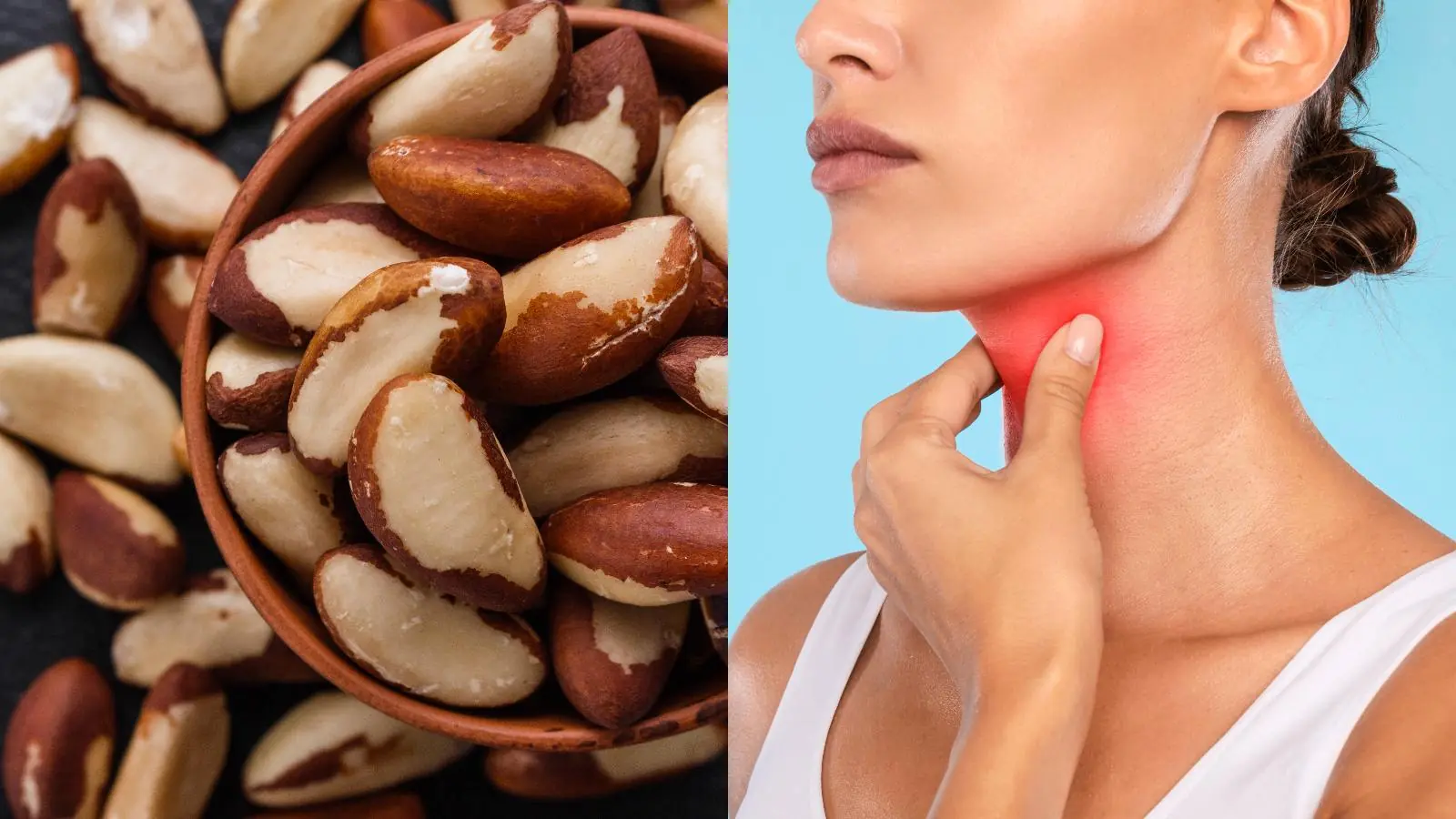
Just 2 Nuts a Day Can Support Your Thyroid, Help With Weight Loss, and Balance Blood Sugar
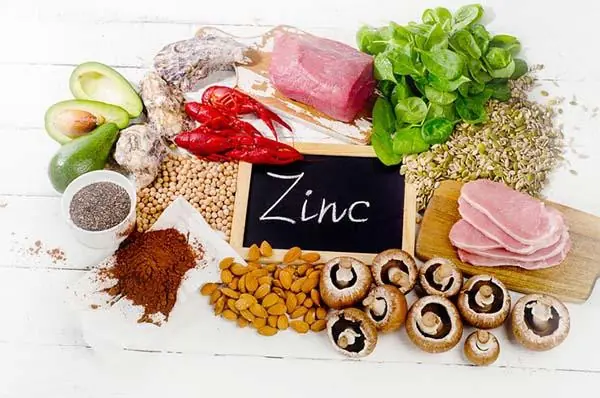
Zinc Deficiency Triggers Inflammation in Your Body — Here’s What to Eat to Fix It
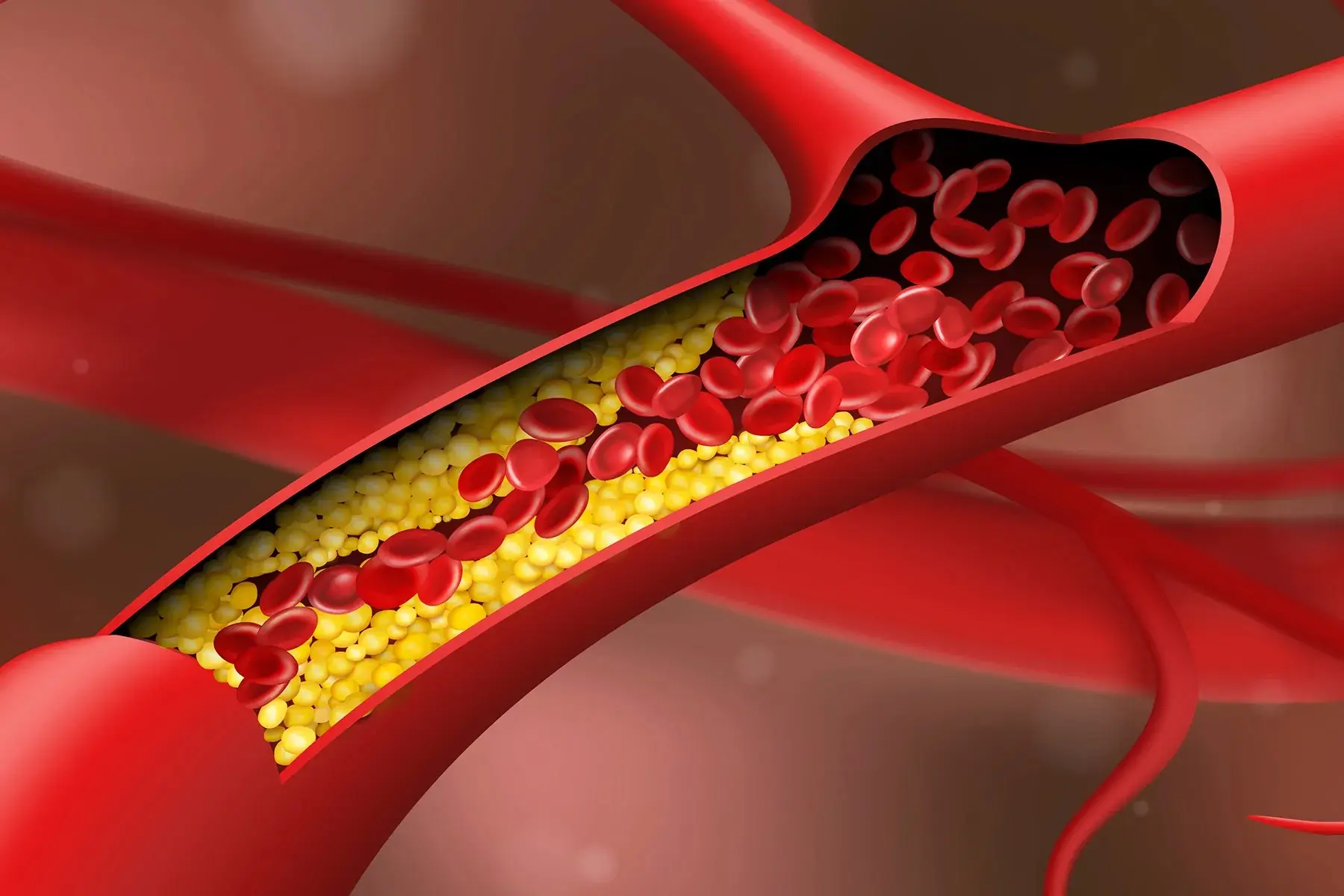
CLEANSE CLOGGED ARTERIES WITHOUT MEDICATION

The #1 Way To Stop Bloating Fast

6 warning signs of a clogged artery most people ignore (cardiologist alert)
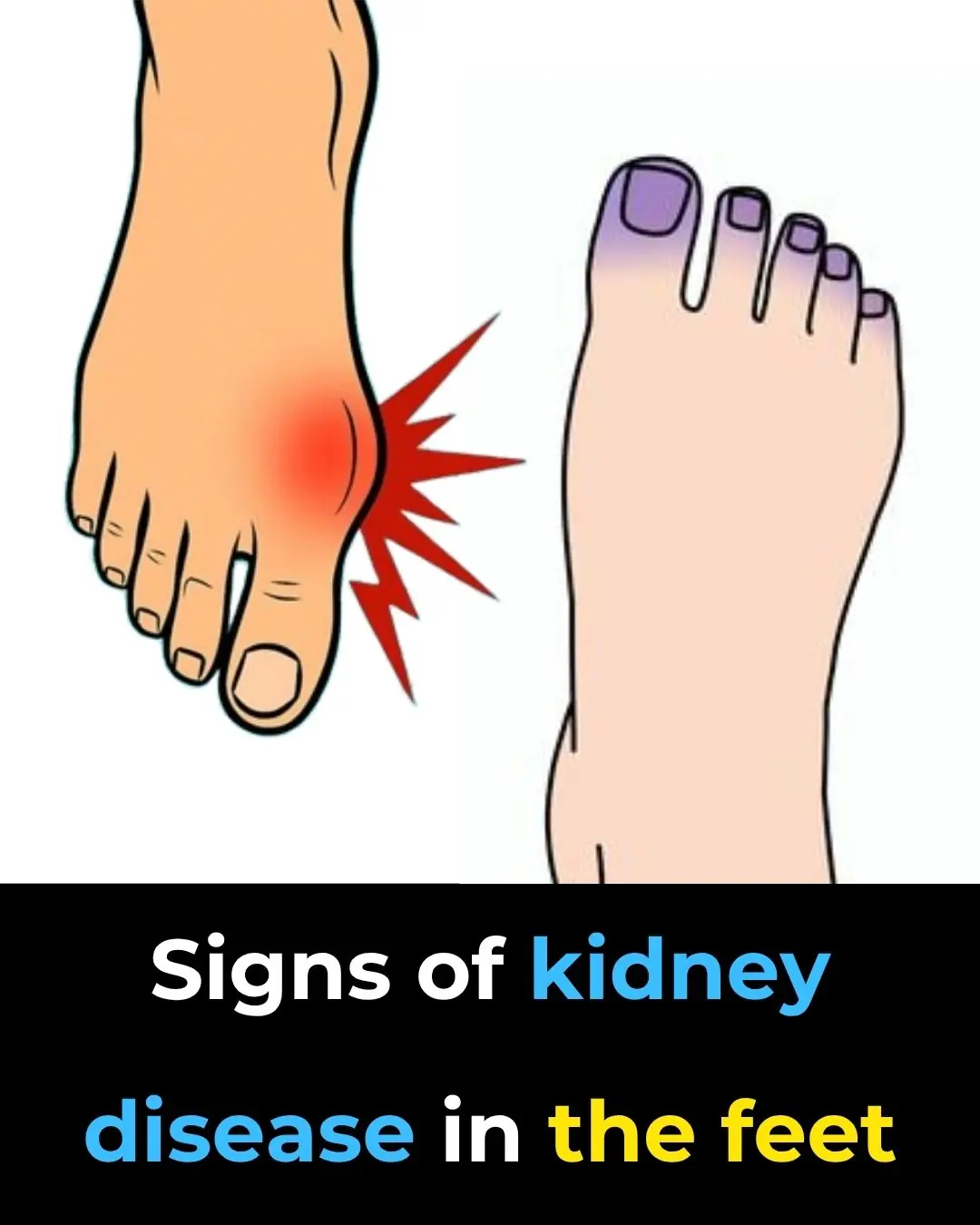
Foot Symptoms That Could Signal Kidney Problems
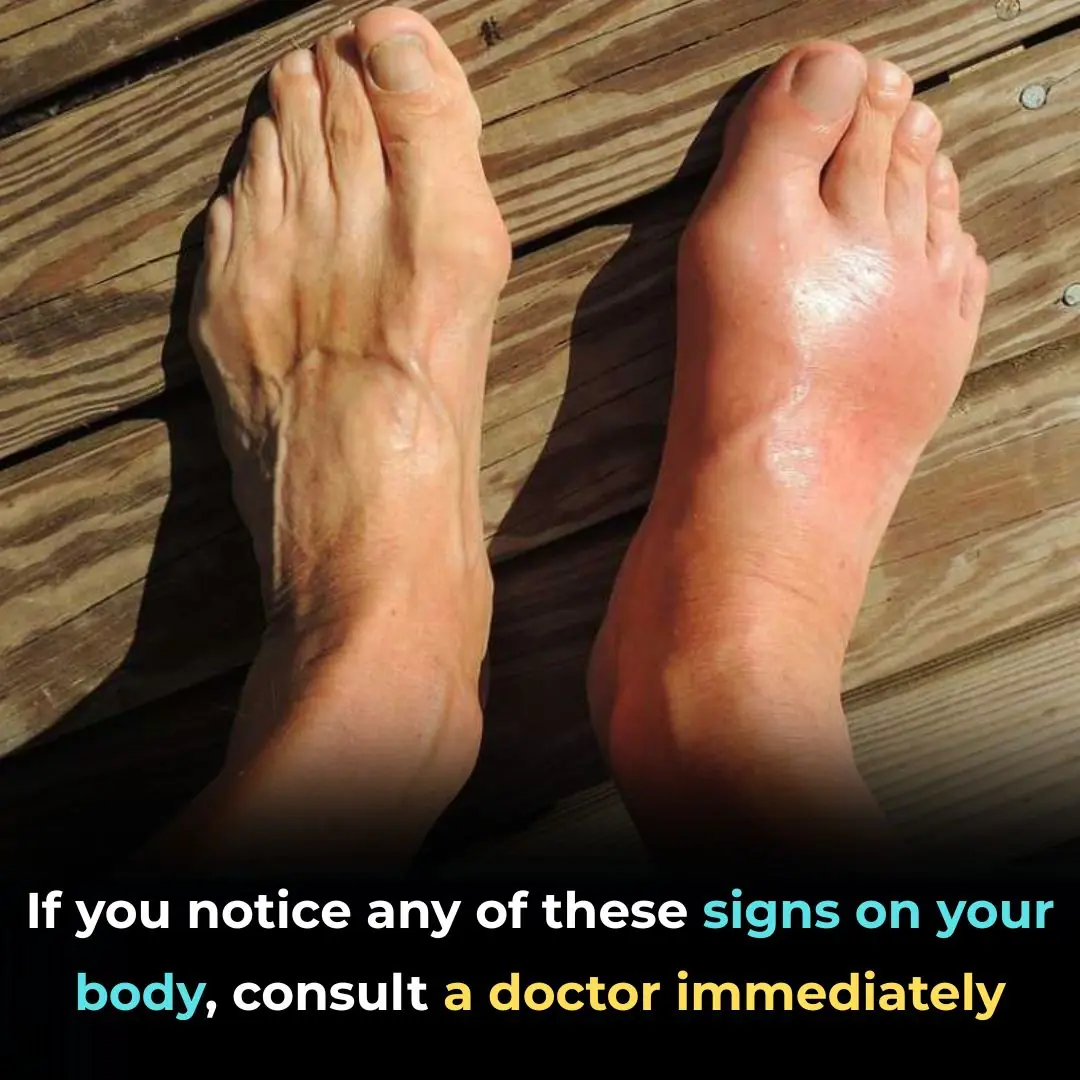
Redness Swelling and Warmth in One Leg
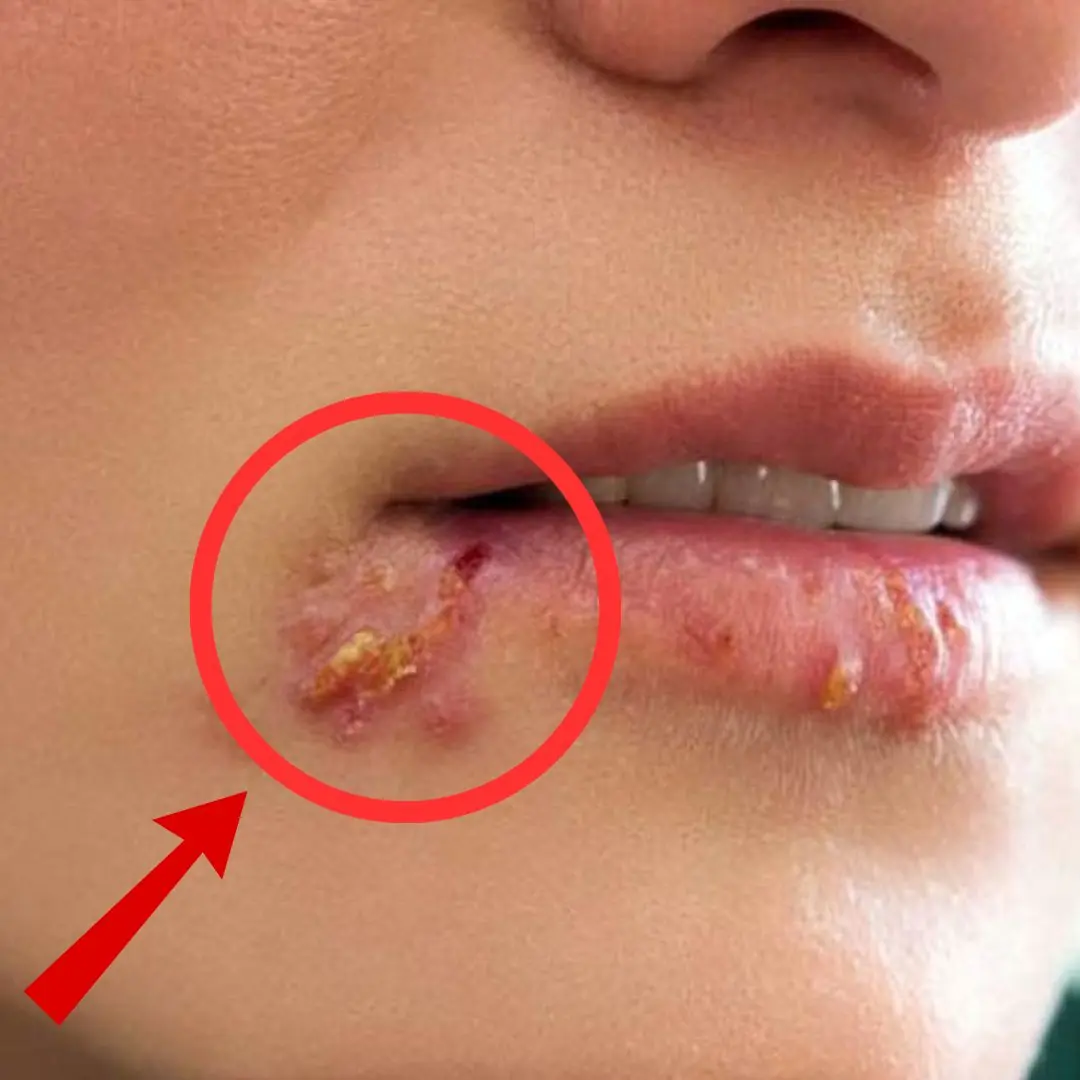
These are the signs that he is...read more
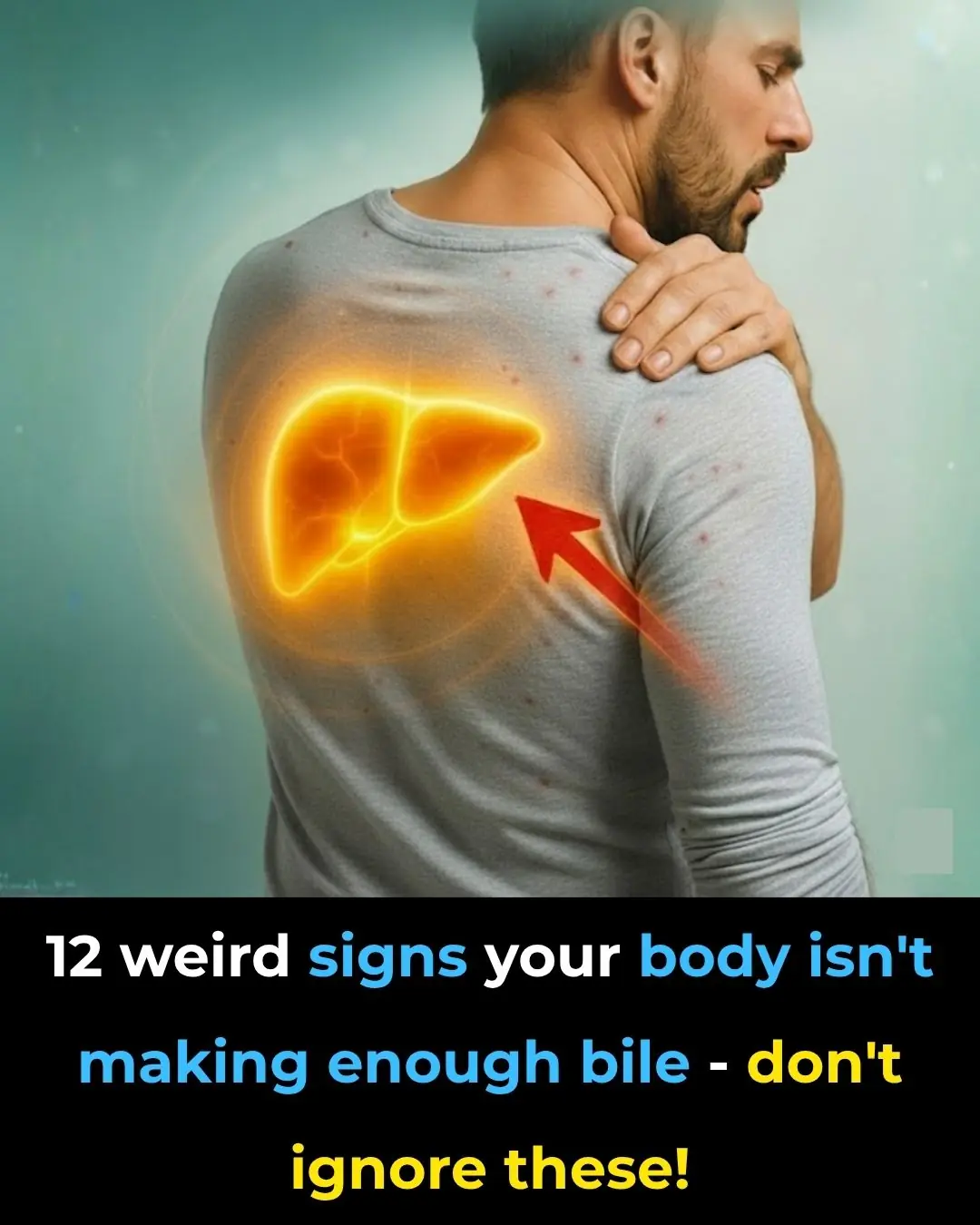
12 weird signs your body isn’t making enough bile—don’t ignore these!
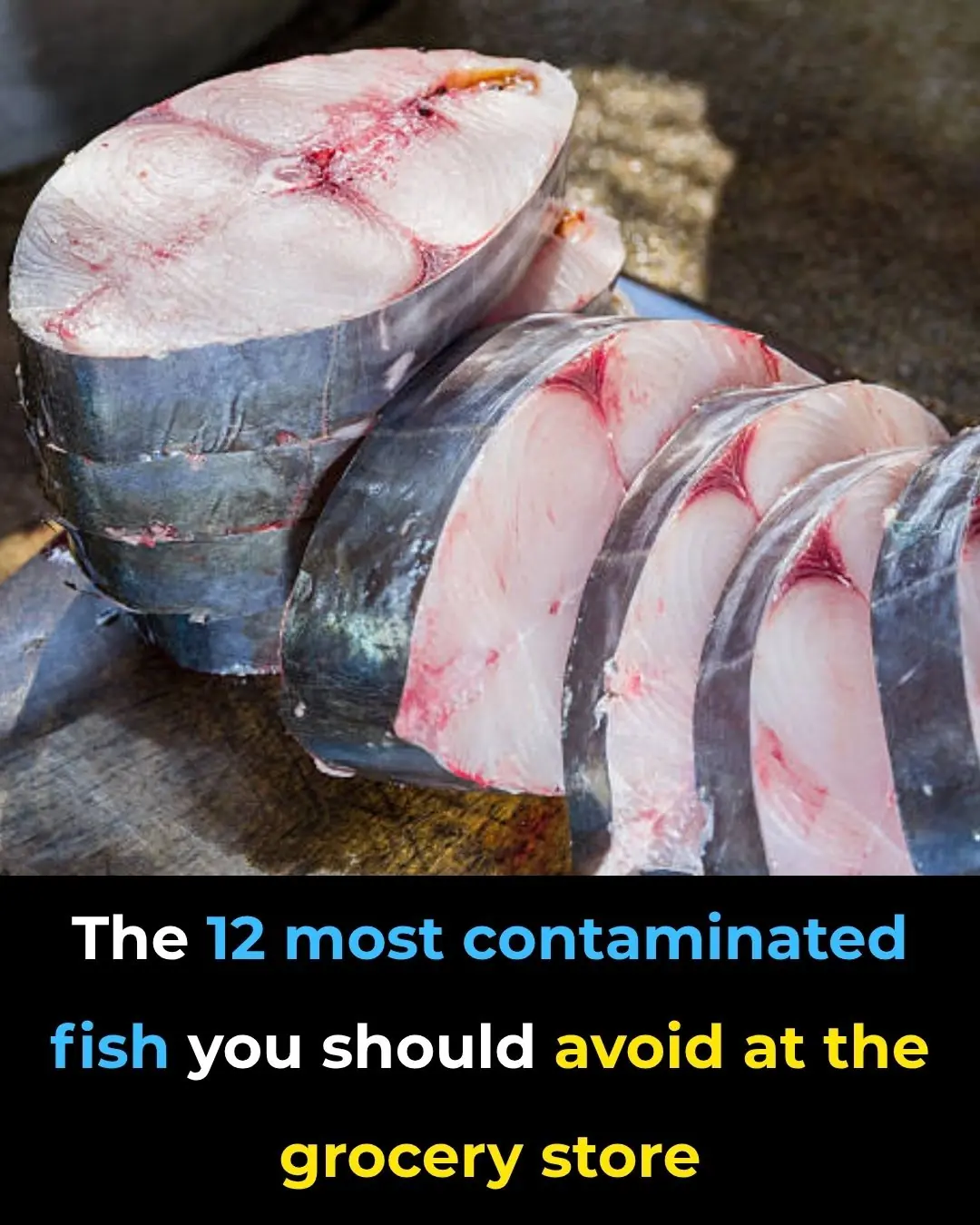
12 Fish Species You Need to Know to Avoid
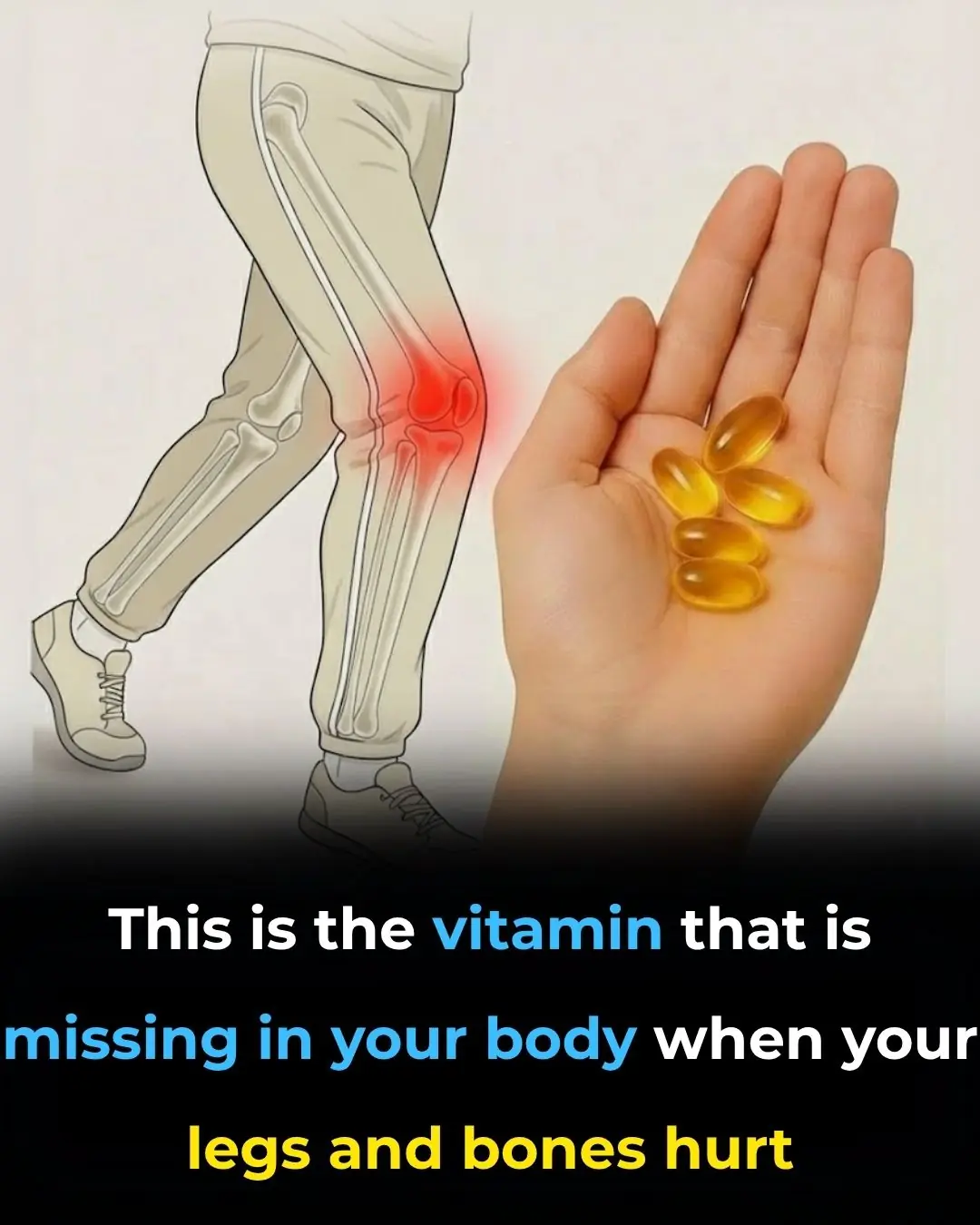
🦴 The Vitamin & Mineral Deficiencies That May Be Behind Leg and Bone Pain
News Post
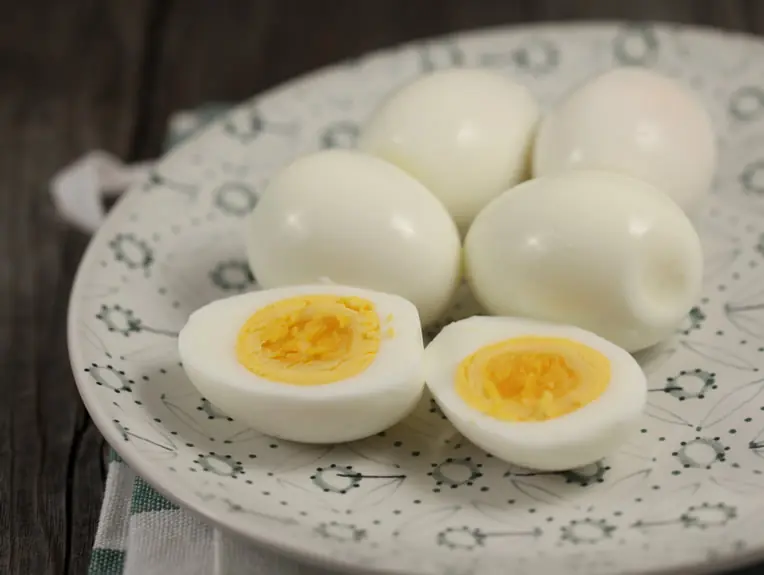
What Happens If You Eat 4 Whole Eggs a Day for 30 Days?

The Most Powerful Anti-Cancer Food You’ve Probably Never Tried

When a Liger Met the Dolphins.

A Great Day in Harlem — and the Echo That Followed.
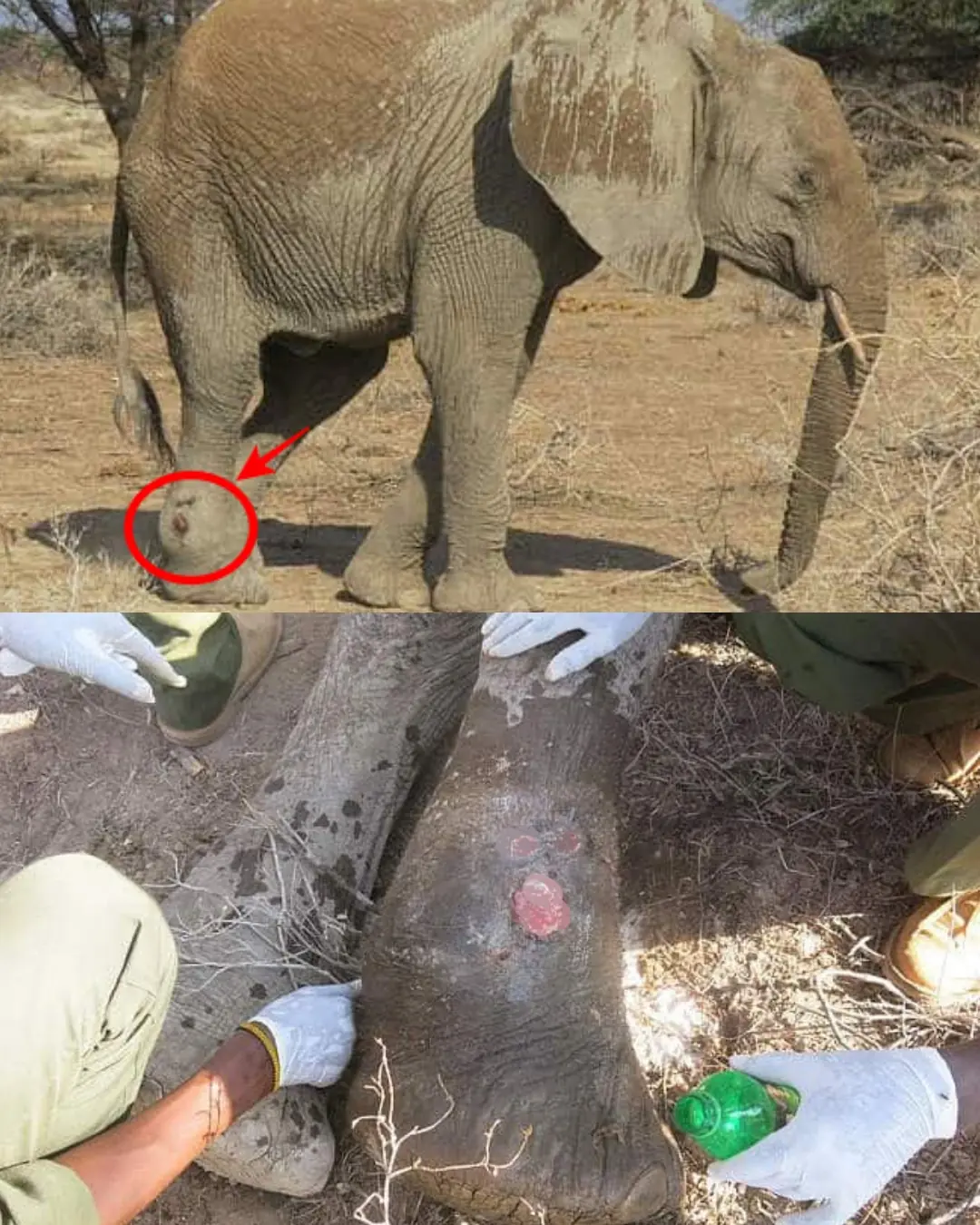
A Limping Giant’s Second Chance: The Young Elephant Who Refused to Fall.

Vitamin K2: The Underrated Nutrient That Protects Your Heart and Arteries
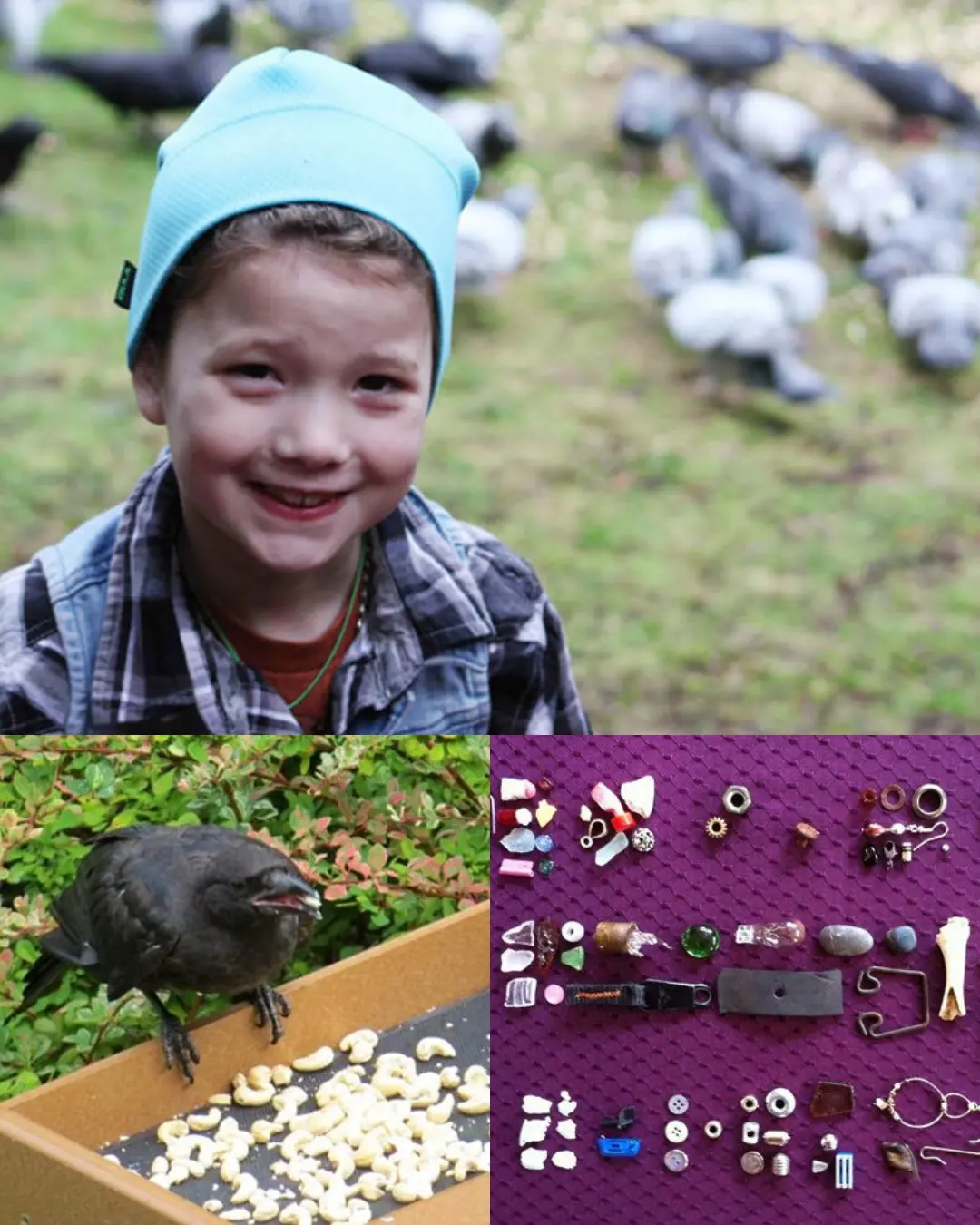
The Little Girl and the Crows.
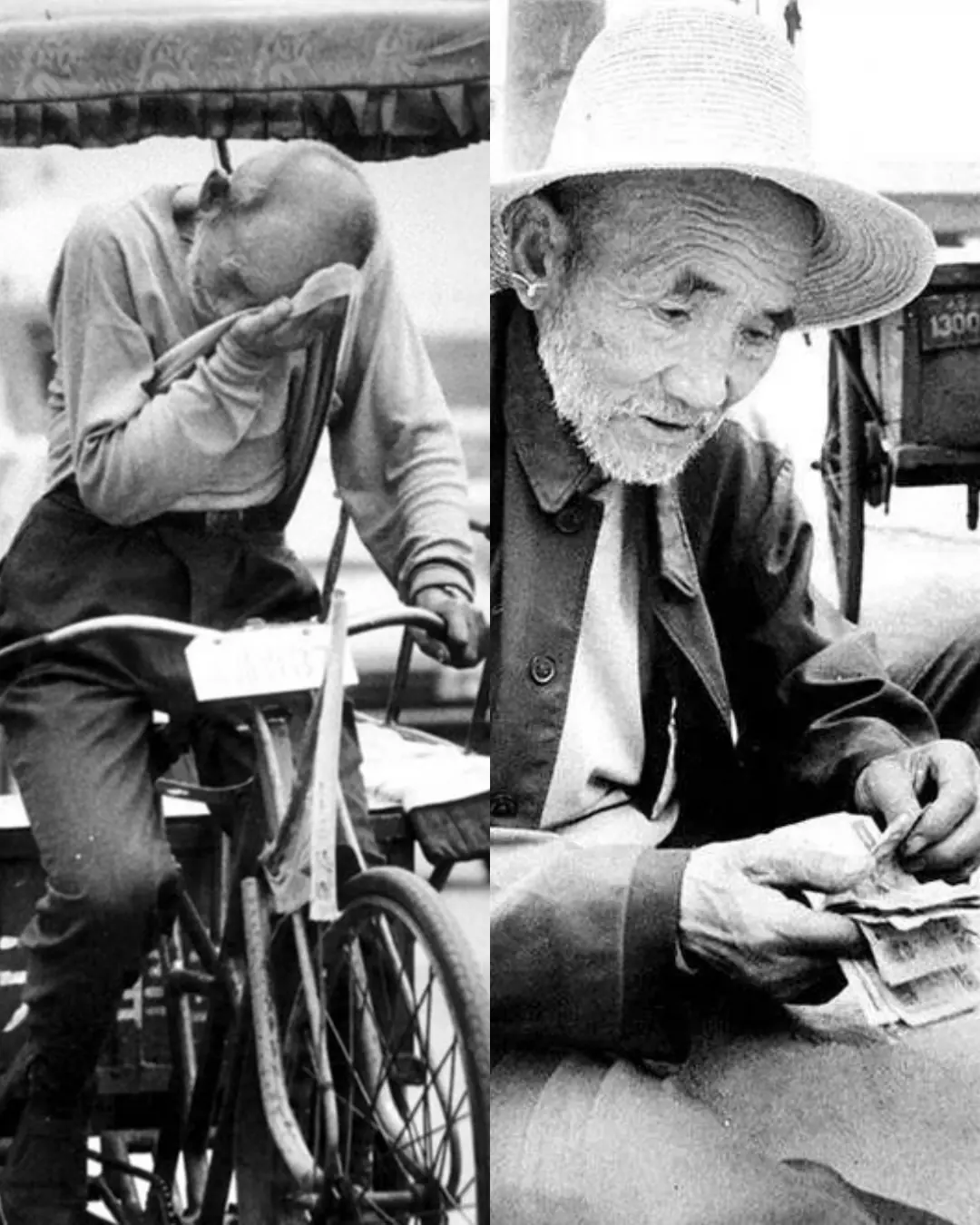
The Rickshaw Driver Who Sent 300 Children to School.

The Girl Who Hugged the Enemy – Normandy, 1944.

The Lioness Who Couldn’t and the Dog Who Did: A Story of Unexpected Motherhood

Maverick’s Return to Joy: From Hospital Halls to Home on the Horizon

The Riders of the Rhino: A Living Legend Emerges from the Wild

The Day the Sea Played a Joke: Fisherman, Cat, and the Pelican That Didn’t Think Twice
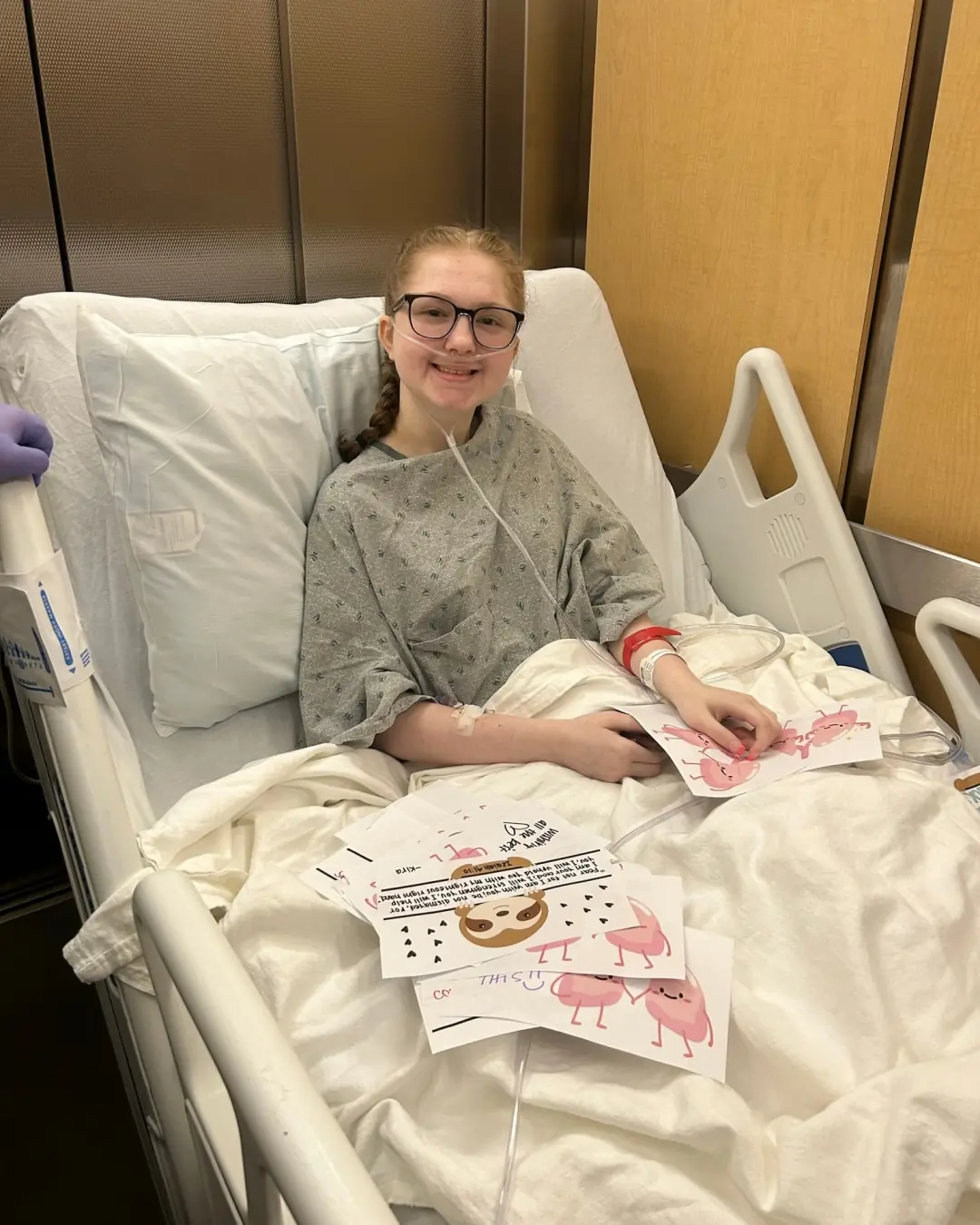
Grace’s Story: A Life Measured in Courage, Resilience, and Dance

Free-to-play Futurama: Hit & Run game could be the sequel fans have waited 22 years for

Trump and Zelensky have savage response to calls to build 70-mile tunnel linking Alaska to Russia
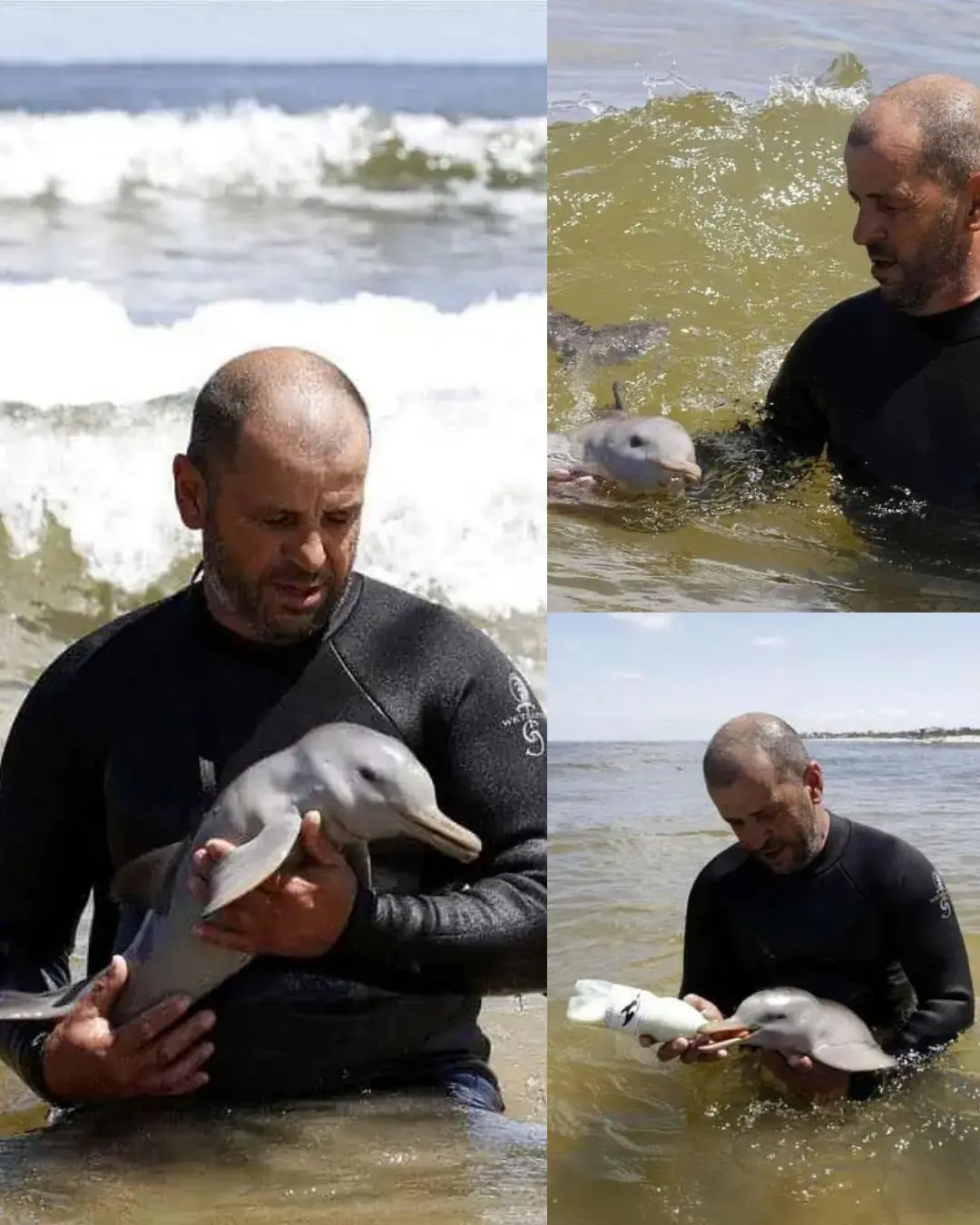
The Man and the Dolphin: A Story of Compassion That Touched the World

Mavy’s Countdown to Freedom: A Chair, a Smile, and the End of a Long Hospital Stay
